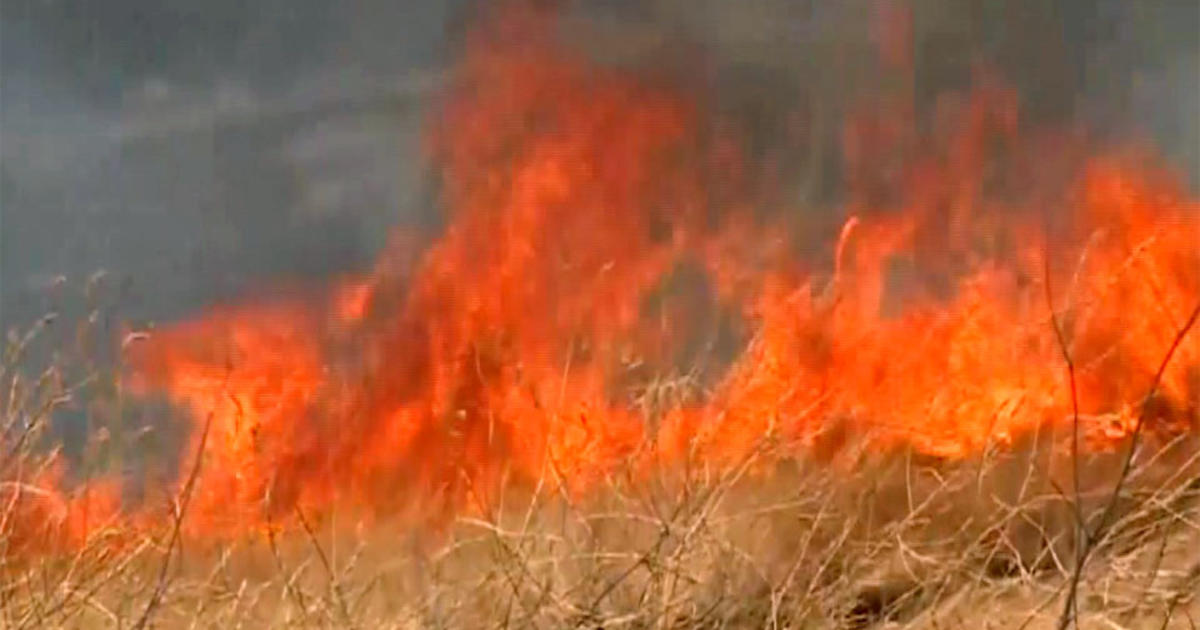Good Question: How Does Mosquito Spraying Work?
MINNEAPOLIS (WCCO) -- It is not your imagination. This August has been especially bad for mosquitoes.
The Metropolitan Mosquito Control District (MMCD) says you can blame heavy rains over several days in the past month.
It has been such a difficult season that many viewers have emailed WCCO about mosquito spraying.
The MMCD is the government agency responsible for fighting mosquitos, black flies and ticks in the seven-county metro area. Most of their efforts focus on controlling the mosquito larvae before they become adults.
They put pellets in bodies of water where mosquitos might lay eggs. Those are generally wetlands that are dry most of the time, but fill up with water after a storm.
"What we put in the water is a bacteria that they have to eat and that will kill the larvae and keeps them from becoming biting adults," MMCD Spokesperson Mike McLean said.
But the MMCD is also responsible for spraying with backpacks and performing fogging treatments in different areas of each county almost every weeknight.
"We start from the inside of the metro out," McLean said. "We try the more heavily-populated areas and work our way out to the edges of the district."
The MMCD pays extra attention to parks, festivals, parades or outdoor events when scheduling their adult mosquito control treatments. They also respond to complaints from people in particularly bad areas.
And they set out 150 traps every Monday night to get an idea of the extent of mosquitos in every metro area.
The organization will respond to specific neighborhoods in some cases, but it has been more difficult this year because there have been so many mosquitos.
They are not responsible for any residential spraying, but can refer people to private companies who perform that work.
Fogging, which kills mosquitos right away, is done at night. Spraying, which creates a barrier, is done during the day. The spray can generally last anywhere between seven to 10 days, depending on the weather.
"If it rains a lot, a lot of that material washes out and dissipates," McLean said. "It really is a temporary solution. The long-term solution is to try to get them before they fly."



